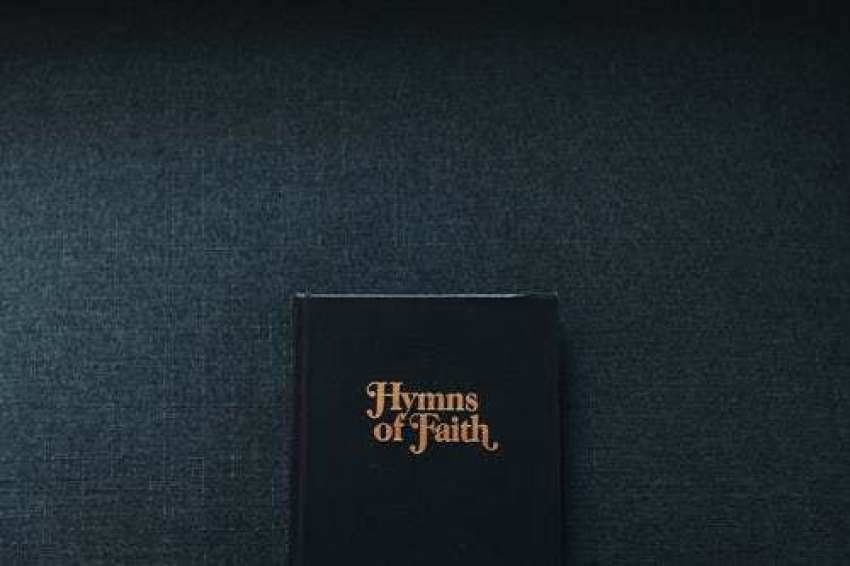What are psalms, hymns, and spiritual songs in the Bible?

In both Ephesians 5:19 and Colossians 3:16, Paul commands gathered believers to sing psalms, hymns, and spiritual songs, thereby “singing and making melody to the Lord with your heart” (Eph 5:19) and “teaching and admonishing one another in all wisdom” (Col 3:16).
Scholars disagree as to the exact meaning of the three terms psalms, hymns, and spiritual songs.
Traditionally, “psalm” referred to OT Jewish psalms, “hymn” was a common term in the culture denoting poetic expression of praise to deity, and “ode” was a generic term for singing. The term “spiritual” may have been used to modify “songs” so as to designate them as specifically spiritual in contrast to secular songs, or the term could modify all three words.
Notably, all three Greek terms are used interchangeably in the titles of psalms in the Greek translation of the OT (LXX). Furthermore, the terms are used interchangeably even within the rest of the NT. For example, while Paul typically uses the term “psalm” to refer to OT psalms, in several places he uses the term to refer to Christian hymns (1 Cor 14:26, Jas 5:13). Likewise, the reference to a “hymn” in Matthew 26:30 and Mark 14:26 was most likely a psalm, and John calls the “new” songs of Revelation 5 and 15 “odes.”
Therefore, since psalms, hymns, and spiritual songs are each used as translations of psalm titles in the LXX and are employed interchangeably in the NT, the weight of evidence seems to suggest that Paul did not intend the terms to designate clearly identifiable genre of corporate songs. At very least these passages include a mandate to sing Spirit-inspired OT psalms; no matter how narrowly or broadly one interprets the terms, that Paul commands believers to sing psalms is clear.
Conversely, no clear argument may be made from these passages alone concerning the warrant for singing songs beyond the OT psalms; because these terms could refer only to different types of psalms, one cannot argue with certainty that Paul intended to broaden the church’s song beyond inspire psalms in these passages. On the other hand, these passages do not clearly restrict Christian songs to OT psalms either; as with the previous point, the ambiguity of these terms presents enough uncertainty to prevent any dogmatic argument for or against a psalmody-only position.
The only certain application to Christian churches from this phrase is that God expects his people to sing a variety of songs, at the very least inspired psalms. Additionally, these passages likely grant warrant for both vocal singing with lyrics and instrumental music, as the term psallontes, translated “making melody” in Ephesians 5:19, literally means “to pluck a stringed instrument.”
Other NT passages, however, may imply the allowance of other songs in addition to psalms in Christian worship (Acts 16:25, 1 Cor 14:26). It is also relevant to note that several passages in the NT epistles are written in a poetic form that may indicate that they were early Christian hymns added to the psalms already in use, such as this Christological poem from 1 Timothy 3:16 (others include Eph 1:1–11, Phil 2:5–11, Col 1:15–20, Heb 1:1–3, and 1 Pet 2:21–25):
He was manifested in the flesh,
vindicated by the Spirit,
seen by angels,
proclaimed among the nations,
believed on in the world,
taken up in glory.
Other poetic passages in the NT quickly became early Christian hymns, especially what are known as the “Lucan Canticles”:
“The Benedictus” – Zechariah’s prophetic song (1:68–79)
Blessed be the Lord God of Israel,
for he has visited and redeemed his people
and has raised up a horn of salvation for us
in the house of his servant David,
as he spoke by the mouth of his holy prophets from of old,
that we should be saved from our enemies
and from the hand of all who hate us;
to show the mercy promised to our fathers
and to remember his holy covenant,
the oath that he swore to our father Abraham, to grant us
that we, being delivered from the hand of our enemies,
might serve him without fear,
in holiness and righteousness before him all our days.
And you, child, will be called the prophet of the Most High;
for you will go before the Lord to prepare his ways,
to give knowledge of salvation to his people
in the forgiveness of their sins,
because of the tender mercy of our God,
whereby the sunrise shall visit us from on high
to give light to those who sit in darkness and in the shadow of death,
to guide our feet into the way of peace.
“The Magnificat” – Mary’s hymn of praise (1:46–55)
My soul magnifies the Lord,
and my spirit rejoices in God my Savior,
for he has looked on the humble estate of his servant.
For behold, from now on all generations will call me blessed;
for he who is mighty has done great things for me,
and holy is his name.
And his mercy is for those who fear him
from generation to generation.
He has shown strength with his arm;
he has scattered the proud in the thoughts of their hearts;
he has brought down the mighty from their thrones
and exalted those of humble estate;
he has filled the hungry with good things,
and the rich he has sent away empty.
He has helped his servant Israel,
in remembrance of his mercy,
as he spoke to our fathers,
to Abraham and to his offspring forever.
“The Gloria” – the angel’s song (2:14)
Glory to God in the highest,
and on earth peace among those with whom he is pleased!
“The Nunc Dimittis” – Simeon’s song (2:29–32)
Lord, now you are letting your servant depart in peace,
according to your word;
for my eyes have seen your salvation
that you have prepared in the presence of all peoples,
a light for revelation to the Gentiles,
and for glory to your people Israel.



























